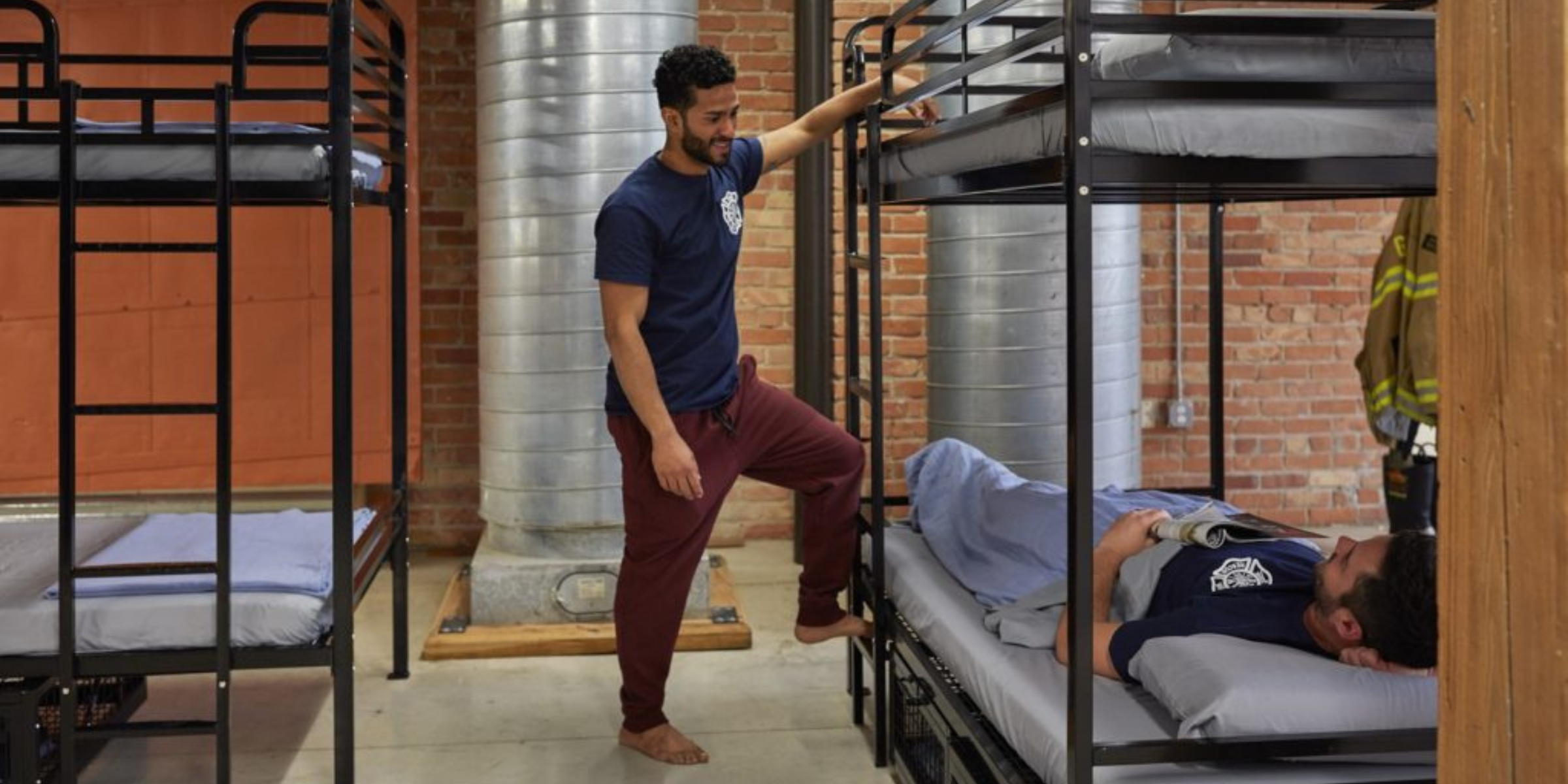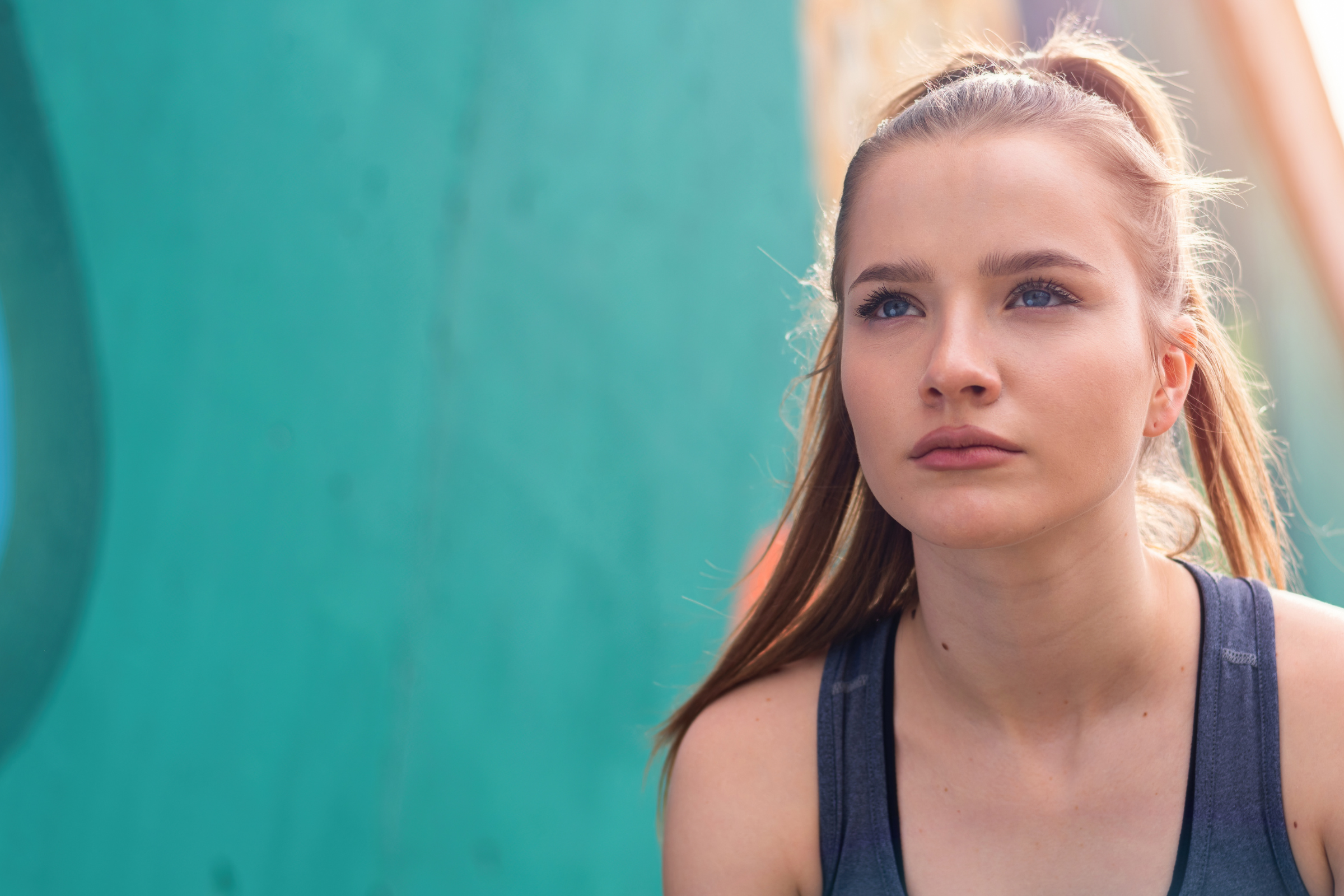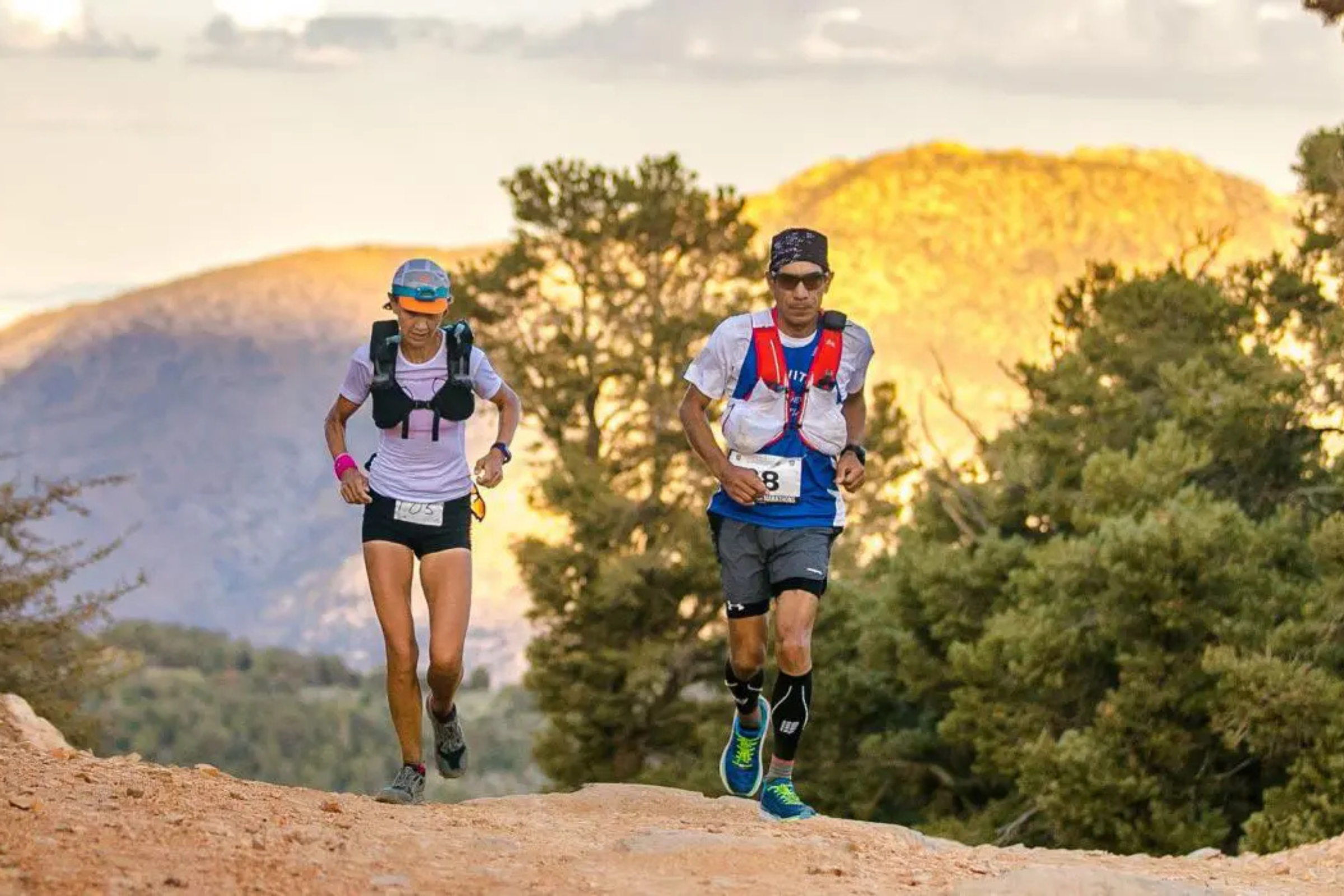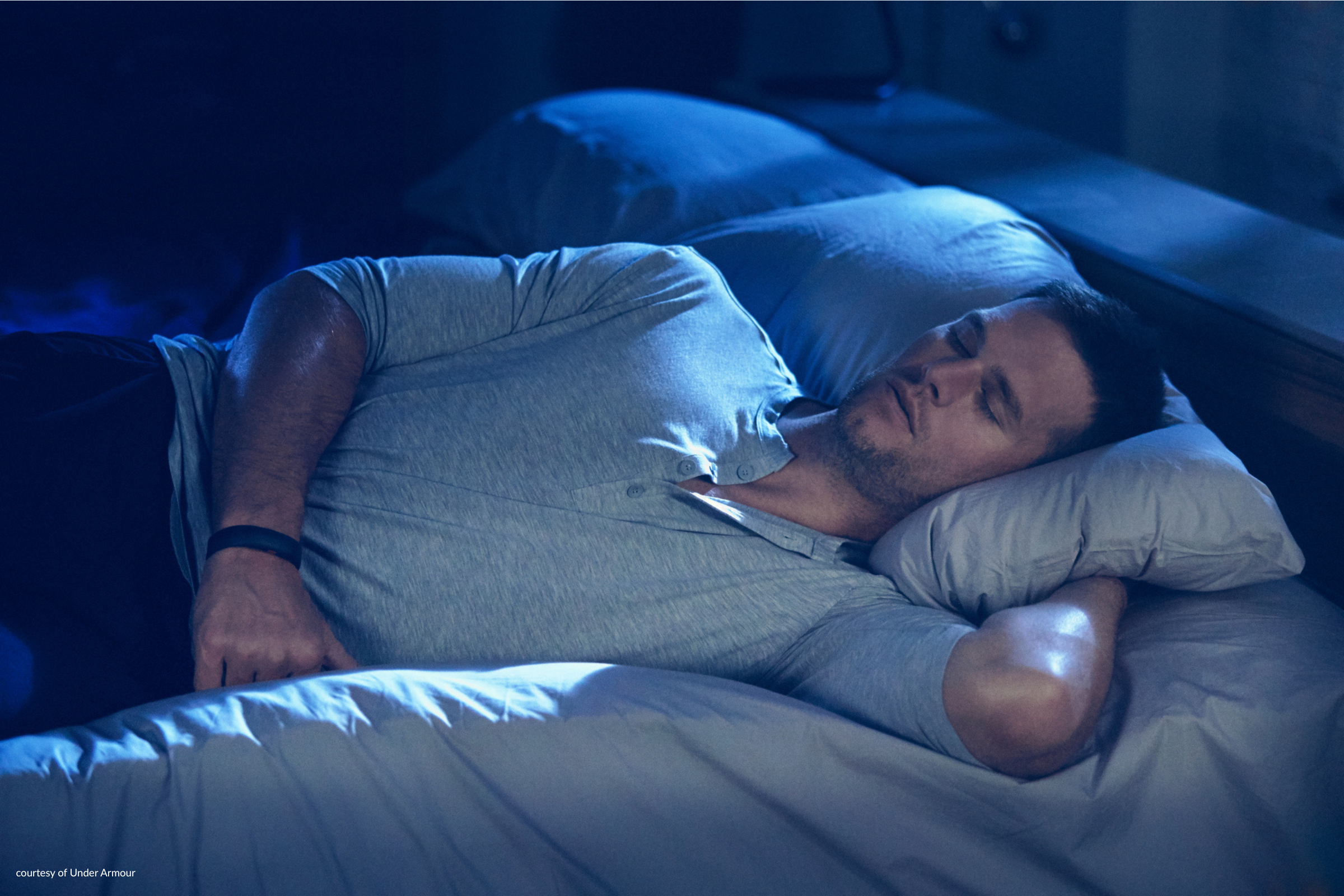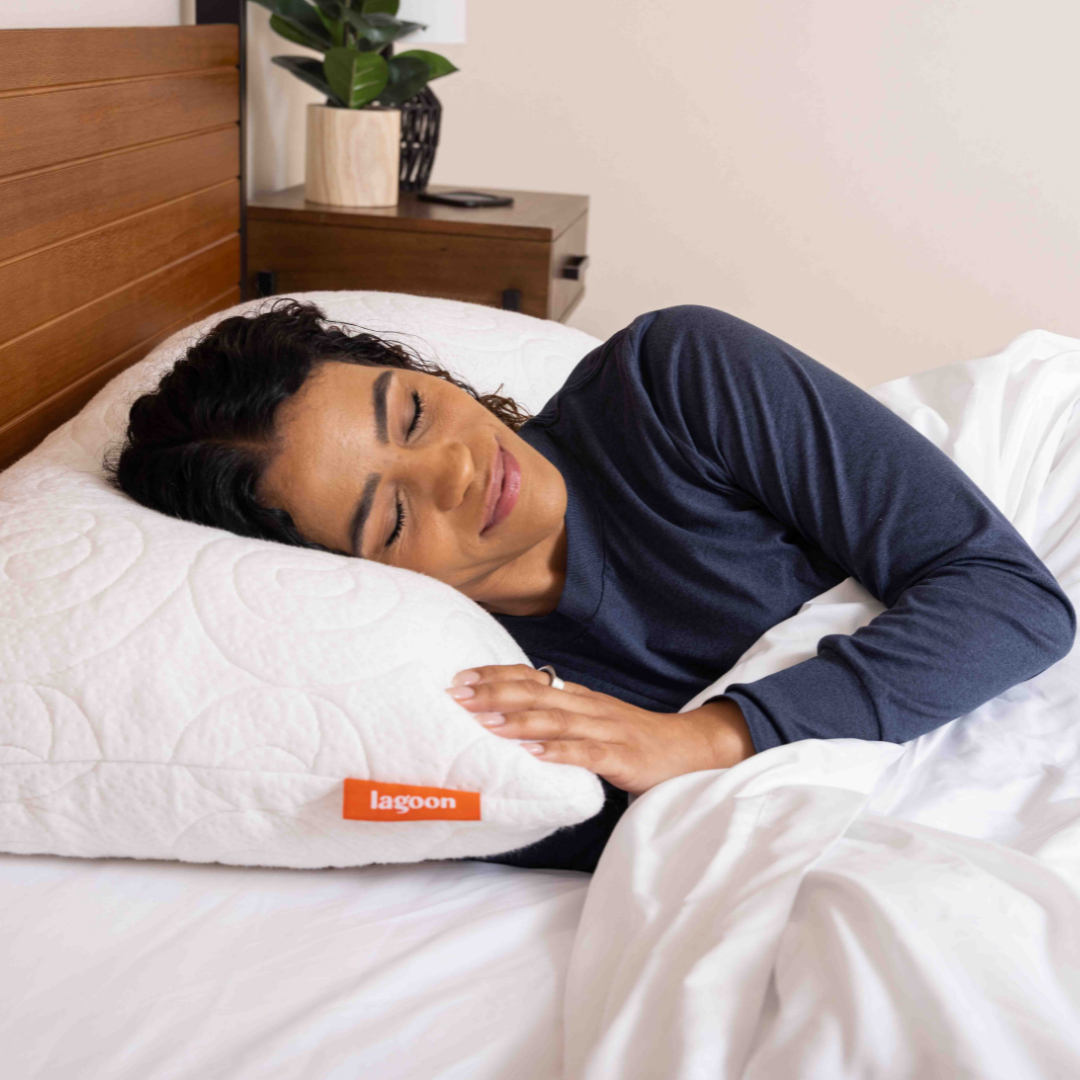👋Hey pack members,
What matters more - your sleep data or the perception of your sleep quality? How’s one amazing athlete battling narcolepsy on the journey to completing an Ironman? There’s plenty of exciting topics to cover in this week’s sleep + fitness news. Let’s get into it…
😴 Battling Narcolepsy to Take on the Ironman
Clive Bradley, 24, is set to achieve his 15-year dream of participating in the Ironman Canada triathlon in Penticton on August 27. This dream, however, was nearly shattered just five months ago when he was diagnosed with type 1 narcolepsy, a rare sleep disorder that disrupts the brain's sleep-wake cycles. Despite facing the challenge of sudden sleep episodes during various activities, including biking and swimming, Bradley has remained determined. His training journey, marred by episodes like nearly drowning in a pool due to narcoleptic symptoms, led him to the realization that his dream of completing the Ironman was more potent than any adversity. Bradley plans to raise awareness and funds the non-profit Wake Up Narcolepsy through his Ironman participation, and hopes his journey inspires others with similar conditions to pursue their aspirations.
⚡️Revolutionary Findings to Zap Away Sleep Apnea
This week HealthDay News shared a potentially groundbreaking development in the treatment of sleep apnea. Researchers have developed a TENS (transcutaneous electrical nerve stimulation) device that has the potential to offer relief to individuals suffering from sleep apnea without the need for a CPAP machine. Sleep apnea is a condition where breathing repeatedly stops and starts during sleep, often requiring the use of a CPAP machine to keep the airways open. The TENS device (typically used for muscle rehab and recovery) works by delivering mild electrical pulses through the skin, stimulating the muscles responsible for maintaining airway openness. This innovation could be a game-changer for sleep apnea patients who find CPAP machines uncomfortable or inconvenient. While the device is still in its early stages of development and testing, it holds the promise for an intriguing alternative to the CPAP.
🧑💻 Perception of Sleep Quality Trumps Sleep Data
Recent research from the University of Warwick revealed that individuals' perceptions of their sleep quality have a more significant impact on their well-being than objective sleep data collected by tracking technology. The study involved over 100 participants aged 18 to 22 who maintained daily sleep journals and wore actigraphs on their wrists to track their movements during sleep. The research found that when participants believed they had slept well, they experienced more positive emotions and greater life satisfaction the following day, regardless of the sleep tracker's data. Interestingly, the study found no association between actigraphy-derived sleep efficiency and well-being. Lead author Dr. Anita Lenneis suggests that individuals' positive evaluation of their own sleep could lead to improved mood the next day, emphasizing that subjective perception of sleep quality matters more than objective data. In other words, it’s okay to love our sleep trackers, but it’s more important for us to have confidence in the quality of our sleep.
👩🚒 University of Arizona Receives $4M for Improving Firefighter Sleep
Researchers from the University of Arizona received a $4 million award from the National Heart, Lung, and Blood Institute to study the implementation of workplace sleep coaching for improving sleep health among Arizona firefighters. With nearly half of career firefighters experiencing short sleep and poor sleep quality, and a significant percentage screening positive for sleep disorders, the researchers aim to address the unique barriers firefighters face in getting sufficient rest, such as long shifts and mandatory overtime. The study involves collaborating with 20 fire agencies across Arizona to develop a personalized sleep health intervention that can be integrated into firefighters' demanding schedules. The research team also plans to educate fire service managers and advocate for the importance of sleep and recovery within the firefighting community. It’s also really cool to see that various nonprofit and advisory stakeholder groups committed to first responders' health are also involved in the research effort. I’m excited to see more initiatives like this!
🏯 Japan Introduces Vertical Pods for Quick Power Nap
In response to the demanding work culture and the prevalent practice of short power naps to combat exhaustion, a Japanese company has developed the “Giraffenap” - a unique approach to daytime napping. The Giraffenap is a vertical sleeping pod which will be strategically placed in cafes throughout Japan to facilitate quick naps that rejuvenate energy levels and focus, without inducing deep sleep. The vertical orientation is not only space-efficient but also aids in easier awakening from the nap. Each pod boasts adjustable support points for the body, an alarm system, sound insulation, sleep-inducing sounds, and built-in ventilation. The name "Giraffenap" is derived from the upright sleeping posture of giraffes. As its implementation gains traction in coffee shops, the concept could potentially expand to other locations - keep an eye out!
That's it for this week's sleep news highlights. Stay tuned for more exciting updates on optimizing your sleep and health, and remember to follow @lagoonsleep on Instagram for your daily dose.



